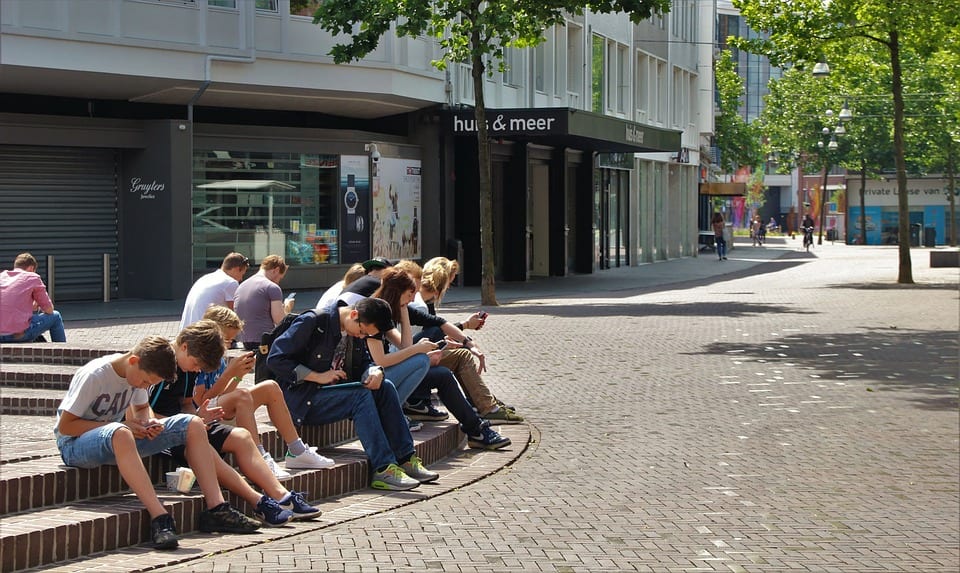One of the hallmarks of autism is often an inability to fit in with one’s peers – or at least, difficulty in doing so – but according to a recent study, this could, in some ways, be an advantage for autistic teens.
The teen years are a time when kids are worried about fitting in, to the point where they might forgo their own best judgement in service of being liked or seeming cool. Except that’s not true of autistic teens; they are not easily swayed by opinions or advice, says the University of Oxford study.
Dr. Kristine Krug led the research, which asked kids 6-14 to play a game – an optical illusion of sorts. Once the kids had tried, an advisor told them the answer, except they often (intentionally) got it wrong.

Photo Credit: Pixabay
Neurotypical children under 12 relied on their own judgement and ignored the advice received in favor of their own observations, but after the age of 12, these children were strongly influenced by what the advisor had to say. When the received wrong advice, it slowed their responses and led to incorrect decisions.
Autistic children, however, were only slightly influenced by the advice-giver, and that fact didn’t change as they aged into their teen years.
Since the 1950s we’ve been aware of how easily adults can be swayed, even in direct opposition to what they’re personally observing, but Krug’s work indicates the shift from childhood independence occurs rather sharply at the age of 12.

Photo Credit: Pixabay
In Proceedings of the National Academy of Sciences, Krug and her co-authors write:
“This study may explain some difficulties in social interactions [for children with autism].”
The reason? When kids are being shaped and molded by the other kids around them, those who stand to the side will struggle to fit in. But the study also highlights how society might benefit from the inclusion of people whose minds work differently.
Imagine that.






